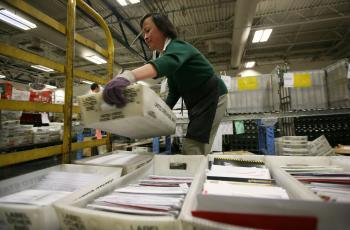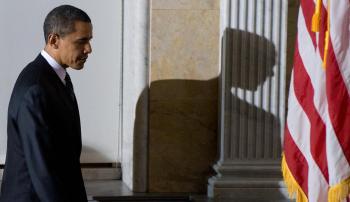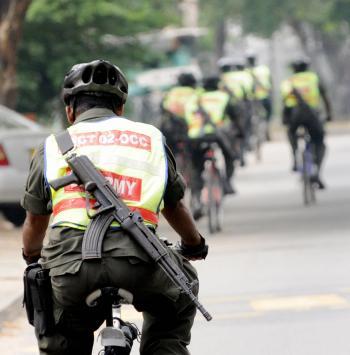Over 67,000 factories have closed in China over the first half of this year, according to statistics released by the Chinese Communist Party.
That means that in China today, more than 11,000 factories are being shutdown every month.
The massive and rapid closure of factories, especially in the Pearl River Delta area of Southern Guangdong province, have left factory workers irate and seething. The emotion is spilling out into the open with increasing protests.
The shutdown of the factories led to workers taking to the streets to protest, demanding back pay that had not been issued to them. The regime has often used force to suppress these protests and thrown workers into prison.
The global economic recession had caused a steep decline in the Chinese export market, the backbone of many factories that produce cheap goods for the international market.
The layoffs are causing worry for the leaders of China’s Communist regime, whose violent rule is legitimized by economic growth.
China had unveiled a whopping $586 billion economic stimulus last week to add jobs and stimulate growth, but on November 15, the Financial Times of U.K. reported that the regime would provide little more than a quarter of the stimulus package.
That leaves many economists wondering who would provide the remaining three-fourths of the 4,000 billion RMB package, especially in the severe economic recession as factories in China are shutting down and companies are laying off workers trying to keep themselves afloat.
That means that in China today, more than 11,000 factories are being shutdown every month.
The massive and rapid closure of factories, especially in the Pearl River Delta area of Southern Guangdong province, have left factory workers irate and seething. The emotion is spilling out into the open with increasing protests.
The shutdown of the factories led to workers taking to the streets to protest, demanding back pay that had not been issued to them. The regime has often used force to suppress these protests and thrown workers into prison.
The global economic recession had caused a steep decline in the Chinese export market, the backbone of many factories that produce cheap goods for the international market.
The layoffs are causing worry for the leaders of China’s Communist regime, whose violent rule is legitimized by economic growth.
China had unveiled a whopping $586 billion economic stimulus last week to add jobs and stimulate growth, but on November 15, the Financial Times of U.K. reported that the regime would provide little more than a quarter of the stimulus package.
That leaves many economists wondering who would provide the remaining three-fourths of the 4,000 billion RMB package, especially in the severe economic recession as factories in China are shutting down and companies are laying off workers trying to keep themselves afloat.



